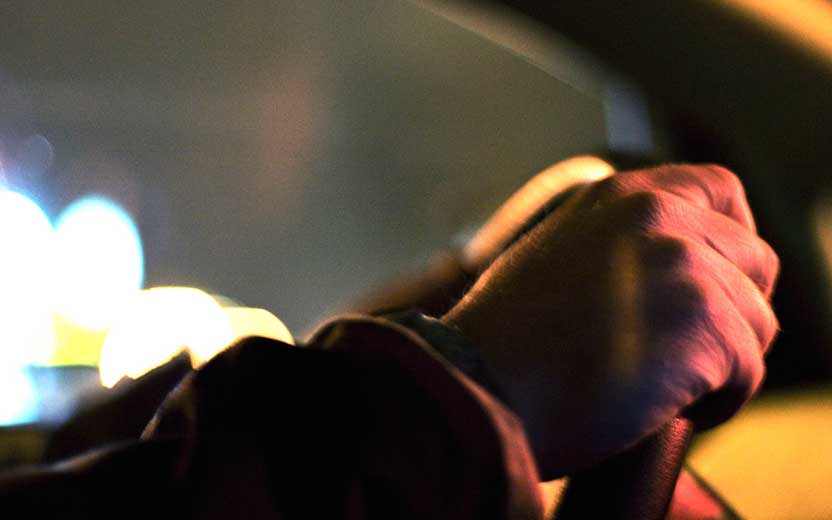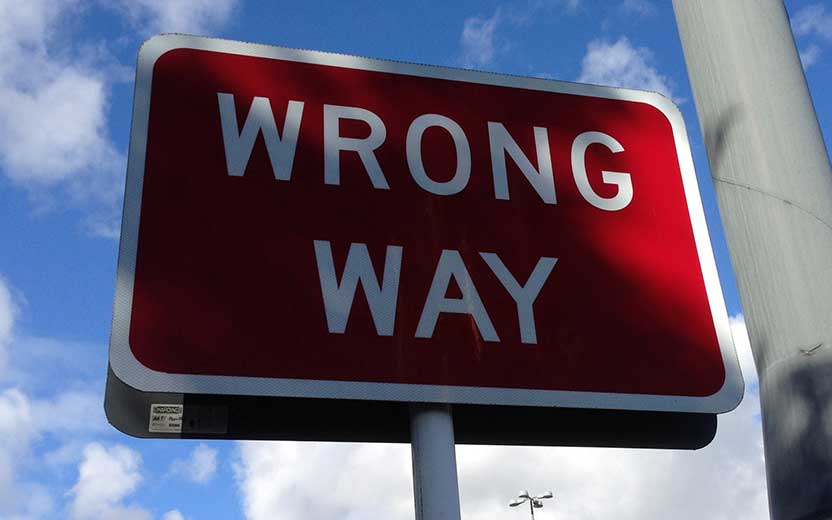By Marcus Fernandez
The pandemic seems to have affected almost every aspect of life. So it should be no surprise that it has dramatically affected distracted driving. This new report, however, may be surprising. The report coincides with crash data from the Florida Department of Highway Safety and Motor Vehicles showing a sharp increase in accidents and fatalities caused by distracted driving.
According to the report about driving behavior during the pandemic years, driver distraction related to cellphone use reached record-high levels when it increased by 18% in the spring of 2020 over what it had been prior to the start of the pandemic. During one hour of driving time, motorists averaged one minute and 34 seconds of distraction. It got worse in February 2022. Drivers averaged one minute and 38 seconds for each hour of driving. Which was a 30% increase from the same time a year earlier.
Sharp increase in injuries and deaths from distracted driving
In 2020, 3,142 people lost their lives in traffic accidents attributed to distracted driving. The 56,594 crashes in Florida in 2021 that were caused by distracted driving set an eight-year record with 333 fatalities in addition to the 2,726 people who were injured. Closer to home in Hillsborough County, there were 4,094 distracted-driving crashes.
The connection between an upswing in collisions caused by distracted drivers and the pandemic may only be a coincidence. State and federal officials are trying to find a ways to keep drivers attention focused on the road.
State officials in Florida initiated a campaign this spring to educate drivers about the dangers and consequences of distracted driving. A part of the campaign focuses on raising awareness of the illegality of particular distracted driving behaviors.
Texting while driving is a violation of the law in Florida. A violation of the law is a noncriminal traffic infraction that is punished as a nonmoving violation. A second offense within five years is a moving violation. This violation would assign points to the driving record of the motorist. Ultimately, it could lead to a suspension of the driver’s license when enough points accumulate.
A second statute makes it a violation of the law to use a handheld communications device while driving in a school or work zone. Examples of prohibited devices include the following:
- Cellphone
- Tablet
- Laptop
- Two-way messaging device
Also included as a prohibited device is a handheld electronic game.
A violation of the law against the use of handheld devices in a school or work zone is a noncriminal traffic infraction. But it includes three points assessed against the driving record of the motorist. Points and fines may be waived for drivers who complete a safety program approved by the state.
What is distracted driving?
Anything that prevents drivers from paying attention to the task of driving and maintaining control over their vehicles is a distraction. Although texting or phone calls are frequently given as examples of distractions, there are many others, including:
- Conversations with other occupants of the vehicle
- Eating or drinking
- Adjusting the radio
- Reading a map
- Using navigation system
- Adjusting heat and air conditioning controls
- Pets
- Smoking
- Grooming
If something causes your mind to focus on anything other than driving, takes your hands off the steering wheel or diverts your eyes away from the road, then you are driving while distracted.
Multitasking is a dangerous myth
You hear people all the time boasting about their ability to multitask by doing multiple things at the same time. The truth about multitasking as revealed in scientific studies is that the human brain is not capable of simultaneously focusing on two tasks. What people perceive as multitasking is the brain toggling or switching between the tasks. It happens so rapidly, that people do not realize that the brain is doing one thing and then switching to something else before going back to the first task.
The result of the brain going back and forth may not be seen when you do simple tasks, such as eating while watching television. When the stakes are higher, as occurs when you are behind the wheel of a car traveling on a highway and need to suddenly stop, the results of toggling can be disastrous.
For example, assume that you are driving at 40 mph when the vehicle in front of you suddenly stops as a car turns in front of it. To bring your vehicle to a stop, your brain must perceive the presence of a hazard and appropriately react to it. According to the FLHSMV, if you are paying attention without distraction, your vehicle travels 44 feet during the time it takes for your brain to perceive the danger.
It travels another 44 feet for you to apply the brakes, and you can add another 101 feet for your vehicle to come to a complete stop. That’s a total of 189 feet that your vehicle travels from perception of the danger until it comes to a halt. If you were texting on your phone or doing another distracting task, the distance your vehicle travels while your brain processes perception of the danger and reaction to it would be much greater.
Steps you can take to avoid driving while distracted
In order to limit distractions while driving, you need to take charge of what goes on in your vehicle. Here are a few tips to help you get started:
- Set up navigation, radio and other devices before you get started.
- Avoid the temptation to check texts or other messages by putting your cellphone in the glove box or center console.
- If children or pets need your attention, wait until you pull over in a safe location.
- Limit conversations with other occupants of the vehicle.
- Take breaks along the way rather than bringing food or beverages into the vehicle.
- If anything, other than the task of driving, requires your attention, let it wait until you are off the road.
Avoiding distractions while driving may require breaking old habits, but it will keep you safe.
If an accident happens, consult a Tampa personal injury attorney
If you are injured in an accident caused by a distracted driver, you may be entitled to recover compensation. Learn more about your rights by speaking with a Tampa personal injury attorney.


